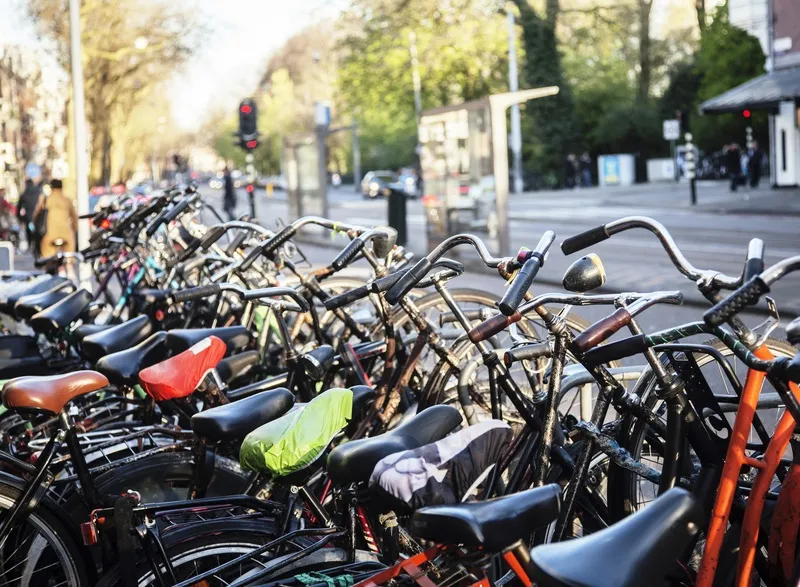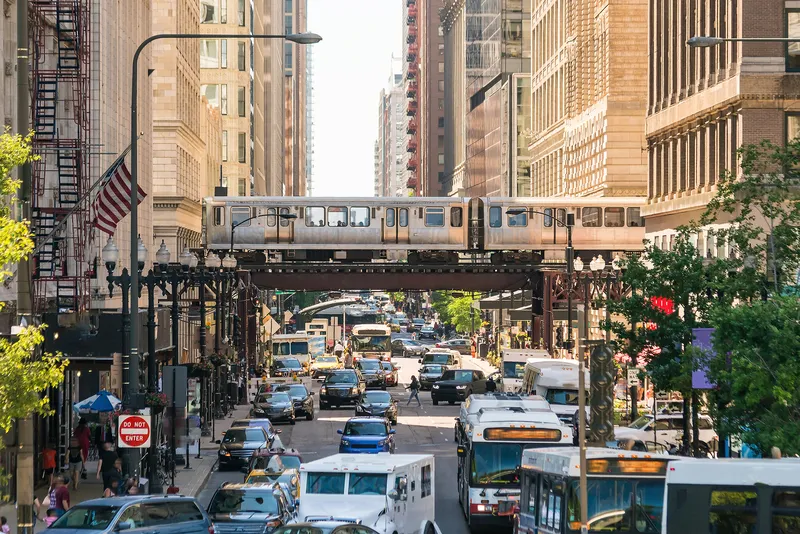
The city of Amsterdam is to temporarily ban cars from one of its busiest roads next spring.
The eight-week pilot scheme will see through car traffic stopped along Weesperstraat from 15 March to 9 May 2021.
Emergency services, public transport, cyclists and pedestrians will be able to use the road as normal.
The trial is part of the Agenda Amsterdam Autoluw, adopted by the city council last January, and the authorities say they want to see what effect the measure will have on air quality, congestion and quality of life.
Cities all over the world have taken the Covid-19 pandemic as an opportunity to repurpose their streets - for example, by narrowing routes to motor vehicles to allow space for dedicate cycle lanes.
UK councils are currently conducting widespread experiments with road closures - to the chagrin of residents who complain that they simply divert traffic jams and pollution to other neighbourhoods.
The City of Amsterdam expects "positive consequences" from the Weesperstraat closure between Nieuwe Keizersgracht and Nieuwe Herengracht.
But it warns: "Traffic has to get used to the new traffic situation at least in the first week(s). In the beginning, this may affect traffic flow on other major access roads."
It will therefore "measure and monitor the traffic intensity in a wide area around the closures" and is also making some nearby closures to stop drivers seeking alternative routes through narrow streets.
After the pilot, cars will be allowed access as before.
But the council says it wants "more living space and cleaner air" as well as "more space for cyclists, pedestrians and public transport".
"The car therefore has to give up space, but we do want to keep the city accessible," it concludes.










